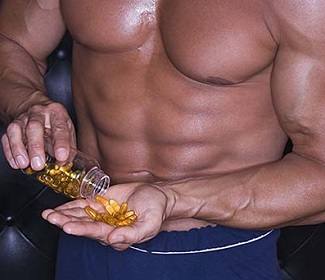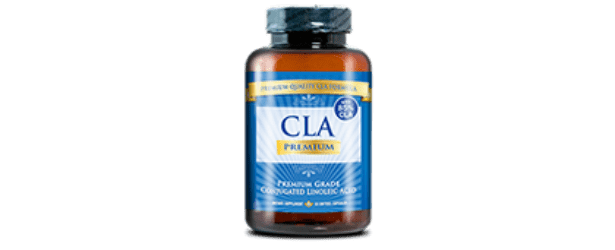Breastfeeding and Herbal Weight Loss Supplements
Using weight loss supplements while breastfeeding is not only unnecessary, but they also can have a negative impact on your baby’s health. It is much healthier for both you and your baby if you lose weight gradually and naturally. Evidence positively backing the use of weight loss supplements is mainly anecdotal, largely unsupported by the scientific community. While you’re breastfeeding is not the time to test their efficacy; you do not want to compromise your health or your baby’s.
A handful of common active ingredients are used in weight loss supplements, including: ephedra, chromium picolinate, and guar gum. While it can contribute to weight loss, ephedra has been associated with increased psychiatric distress, cardiac and digestive problems, hypertension, stroke and even death. Chromium picolinate has not been found to create meaningful weight loss, and it has been associated with rhabdomyolysis — the breakdown of muscle tissue — and kidney impairment. Guar gum has been found to be ineffective for weight loss, and it can cause gastrointestinal upset, reduced efficacy of oral contraceptives and interference with insulin medications. Caffeine is another common ingredient in “fat burners,” but caffeine in breast milk can affect infants for up to 120 hours.
 One of the best ways to jump start your weight loss after giving birth is to breastfeed your baby exclusively, without using supplemental formula. Breastfeeding requires extra calories. If you maintain your normal diet — making sure it includes all the nutrients your baby needs to grow — you will have a small calorie deficit that will add up to weight loss in the postpartum period.
One of the best ways to jump start your weight loss after giving birth is to breastfeed your baby exclusively, without using supplemental formula. Breastfeeding requires extra calories. If you maintain your normal diet — making sure it includes all the nutrients your baby needs to grow — you will have a small calorie deficit that will add up to weight loss in the postpartum period.
Don’t try fad diets or cut calories too severely or your own nutrition as well as your baby’s could suffer, especially when you’re trying to establish your milk supply. Making milk requires around 500 extra calories per day. If you don’t add those extra calories to your normal dietary intake, you will lose an extra 1 pound per week in addition to normal postpartum weight loss. Most nursing moms who eat according to their appetite, meaning they’re not restricting calorie intake, lose 1.3 to 1.6 pounds per month.
Some ingredients in over-the-counter diet products may not be safe. The Food and Drug Administration (FDA) warns people not to use some of them. DO NOT use products that contain these ingredients:
- Ephedrine is the main active ingredient of herbal ephedra, also known as ma huang. The FDA does not allow the sale of medicines that contain ephedrine or ephedra. Ephedra can cause serious side effects, including strokes and heart attacks.
- BMPEA is a stimulant related to amphetamines. This chemical can lead to health problems such as dangerous high blood pressure, heart rhythm problems, memory loss, and mood problems. Supplements with the herb Acacia rigidula labeled on the packaging often contain BMPEA, even though this chemical has never been found in that herb.
 DMBA and DMMA are stimulants that are chemically very similar to one another. They have been found in fat-burning and workout supplements. DMBA is also known as AMP citrate. Both chemicals can cause nervous system and heart problems.
DMBA and DMMA are stimulants that are chemically very similar to one another. They have been found in fat-burning and workout supplements. DMBA is also known as AMP citrate. Both chemicals can cause nervous system and heart problems.- Brazilian diet pills are also known as Emagrece Sim and Herbathin dietary supplements. The FDA has warned consumers not to buy these products. They contain stimulant drugs and drugs used to treat depression. These can cause severe mood swings.
- Tiratricol is also known as triiodothyroacetic acid or TRIAC. These products contain a thyroid hormone, and they may increase the risk for thyroid disorders, heart attacks, and strokes.
- Fiber supplements that contain guar gum have caused blockages in the intestines and esophagus, the tube that carries food from your mouth to your stomach and intestines.
- Chitosan is a dietary fiber from shellfish. Some products that contain chitosan are Natrol, Chroma Slim, and Enforma. People who are allergic to shellfish should not take these supplements.

 Subscribe Now
Subscribe Now
